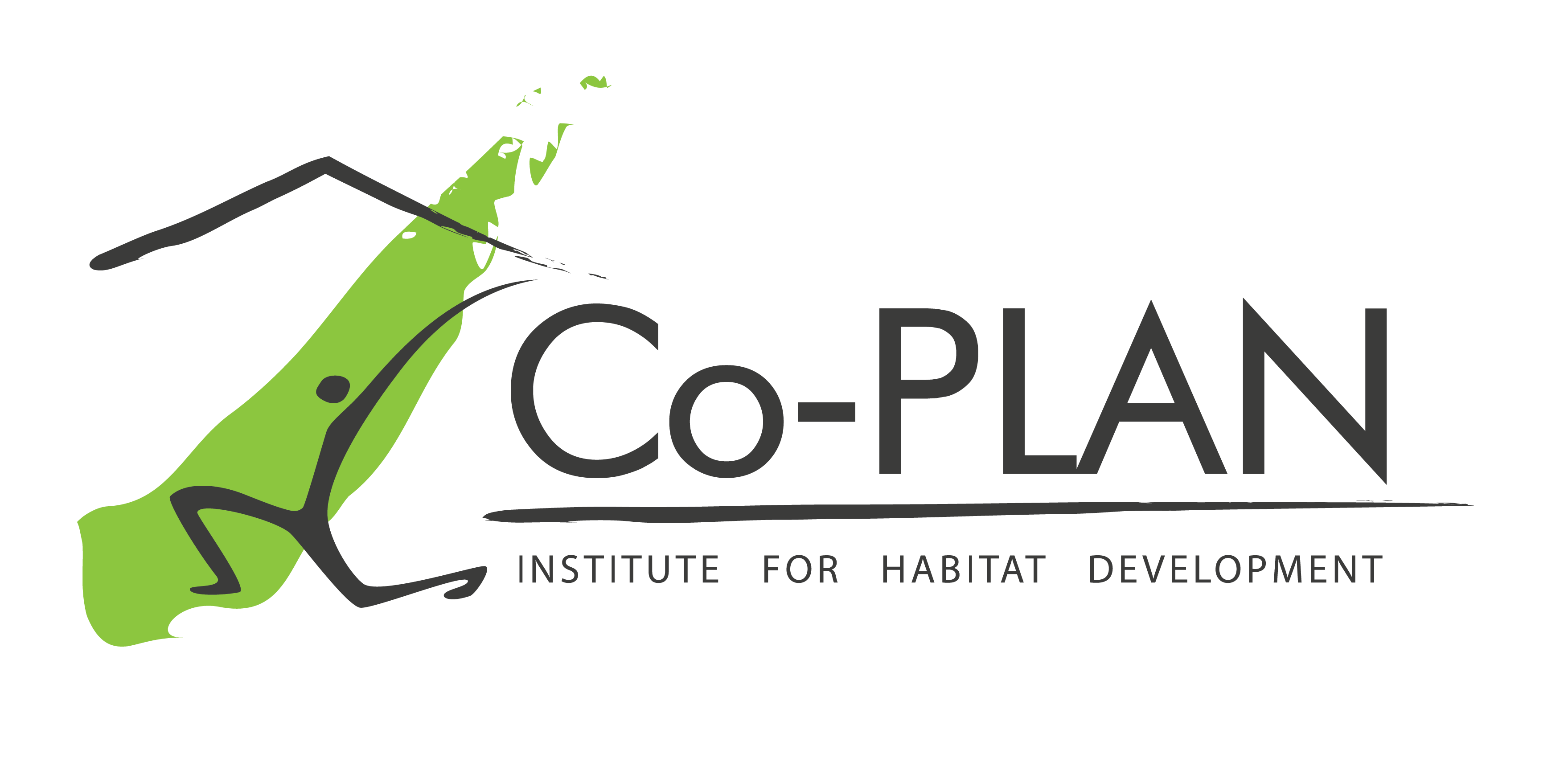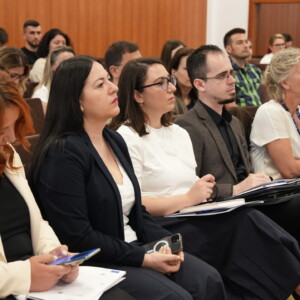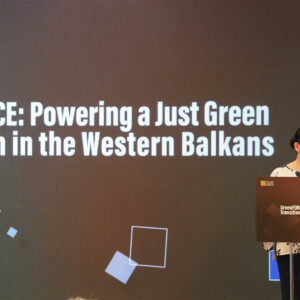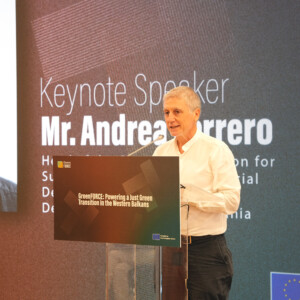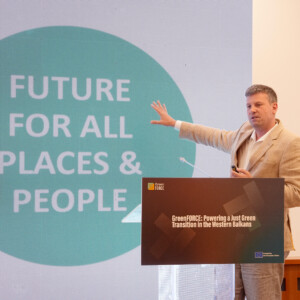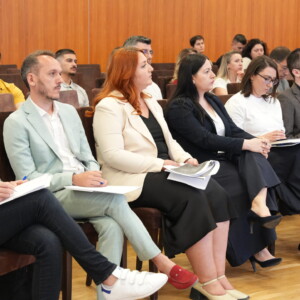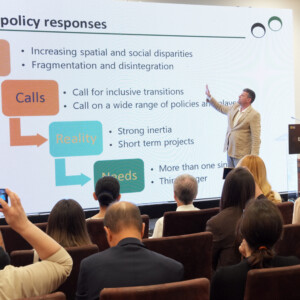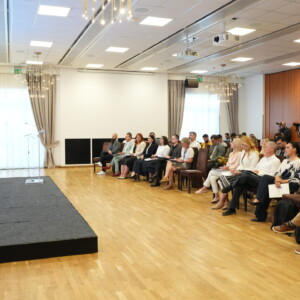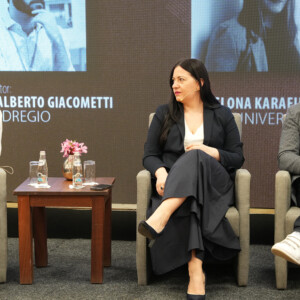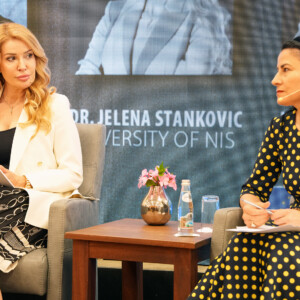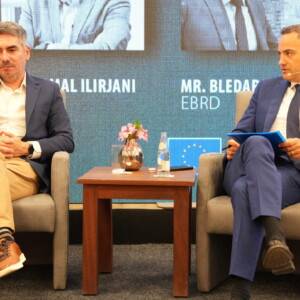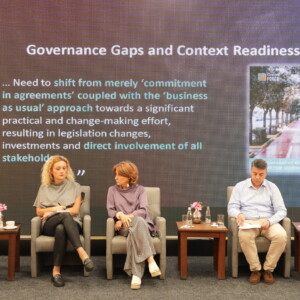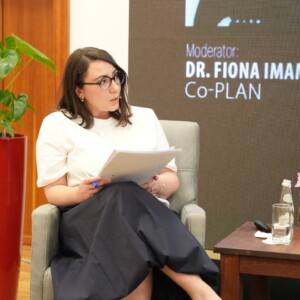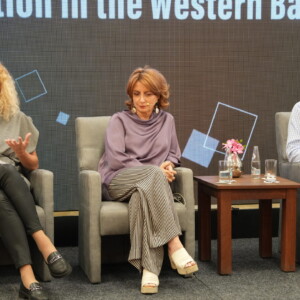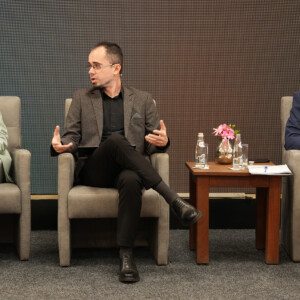GreenFORCE Project Advances a Just Green Transition in the Western Balkans
The final event of the GreenFORCE project, funded by the European Union’s Horizon 2020 programme and implemented by Co-PLAN in collaboration with key European partners, marked the culmination of a three-year effort to strengthen research excellence and institutional capacities in the Western Balkans for a Just Green Transition.
Launched in 2022, GreenFORCE brought together over 200 stakeholders — including academics, civil society organizations, public institutions, and private sector representatives — around a shared objective: co-creating knowledge and aligning efforts for an inclusive and fair green transition in a region facing common structural and environmental challenges.
In her welcome address, Dr. Anila Bejko, Executive Director of Co-PLAN, noted:
“For three years, the Horizon-funded GreenFORCE project addressed a critical challenge: building research excellence to support a just green transition in the Western Balkans. Coming from a long period of political socio-economic transition, we know that a green transition won’t be easy and that the burdens could fall disproportionately on the most vulnerable. So, we researched. We collaborated across borders and disciplines. And we worked to make the complexities of the green transition understandable and actionable to everyone.”
Project partners include: Politecnico di Torino (Italy), the Faculty of Geography at the University of Belgrade (Serbia), the Center for Economic Analyses (North Macedonia), Nordregio (Sweden), and POLIS University (Albania).
Just Green Transition in the Western Balkans
Over the course of the project, five regional case studies were conducted to explore key green transition issues such as decarbonization, climate adaptation, sustainable mobility, and energy efficiency, analyzing impacts and trade-offs through possible future scenarios. In Albania, for instance, research focused on transitioning post-communist urban neighborhoods in Tirana toward net-zero emissions.
One of the project’s most significant achievements was the identification of opportunities for macro-regional cooperation, supporting the advancement of the Green Agenda for the Western Balkans (GAWB) and the Growth and Investment Plan for the region. These include: cross-border knowledge exchange, multi-stakeholder cooperation, and context-sensitive, inclusive governance models.
In a region where political shifts often disrupt long-term policy commitments, GreenFORCE emphasized the key role of networks such as RCC, NALAS, and TG-WeB in sustaining momentum and advancing collaborative efforts for a greener future.
As the project officially concludes, GreenFORCE leaves behind a strong legacy: enhanced research capacities, cross-sector collaboration, and a concrete model for a just and green future in the Western Balkans.
The final event also featured keynote speeches by Mr. Andrea Ferrero, Head of the Operations Section for Sustainable Economic and Social Development at the EU Delegation to Albania, and Dr. Kai Bohme, Founder and Director of Spatial Foresight. Three dedicated panels explored in depth the opportunities, challenges, and policy pathways for the green transition in the region.
